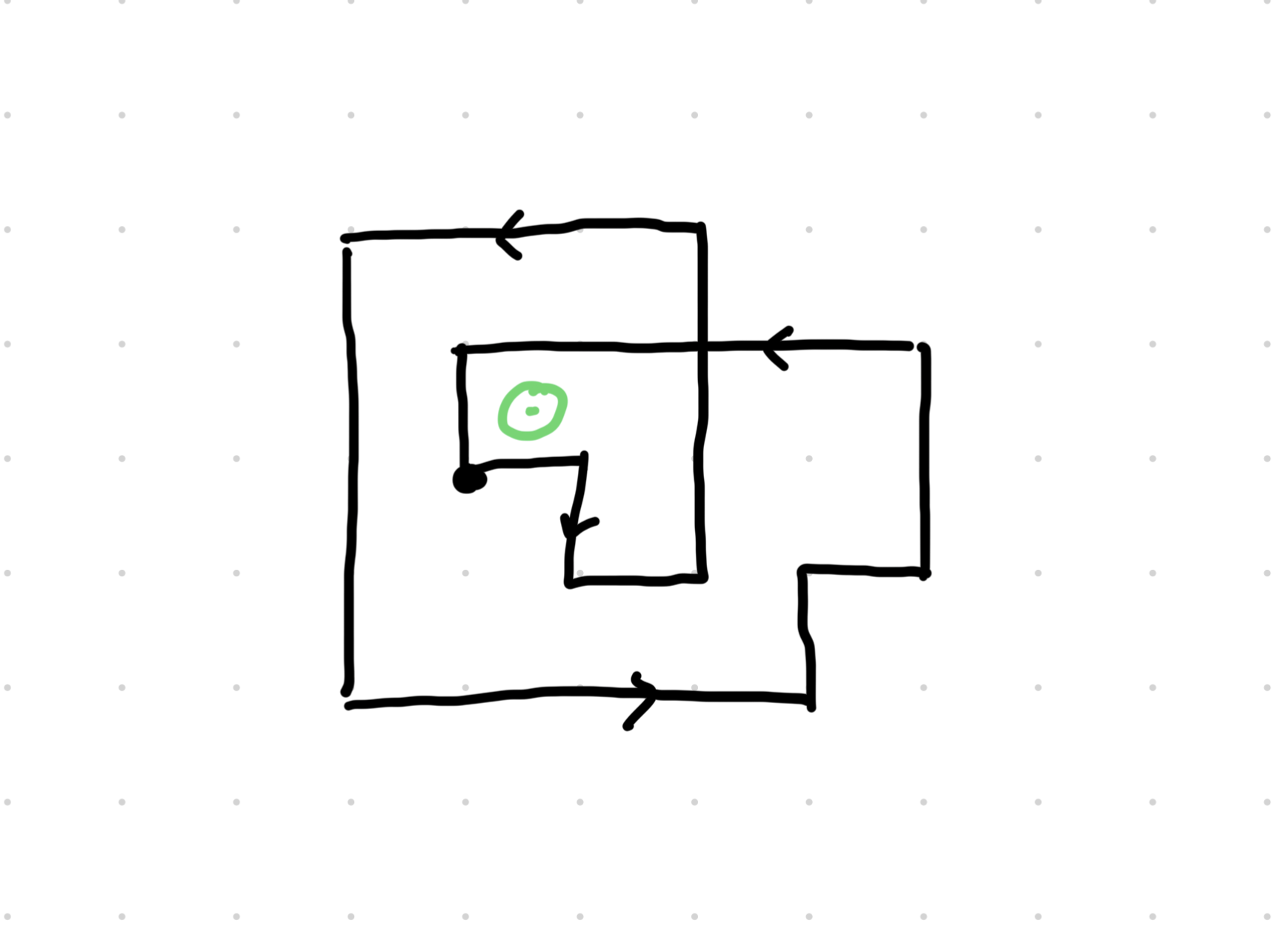Here's a neat appearance of the Catalan numbers that I came across by fiddling about with some code. Count the number of lattice walks of length 2n from (0,0) to (0,0) but weight each walk by (-1)^w where w is the winding number around (1/2, 1/2). The result is 4^n C_n, where C_n is the nth Catalan number.
You can think of this as (1) a subcomputation when trying to count lattice walks on a lattice drawn on the Riemann surface for the square root function or (2) the probability amplitude for an electron in a (very simplified model of a) 2D lattice returning to its start point after 2n steps when there's a certain amount of magnetic flux through the "plaquette" next to where it starts. Eg. see https://en.wikipedia.org/wiki/Peierls_substitution

![from functools import lru_cache
@lru_cache(maxsize=None)
def f(x: int, y: int, phase: int, n: int) -> int:
if abs(x) + abs(y) > n:
return 0
if n == 0:
return phase
return (
f(x + 1, y, phase, n - 1) +
f(x - 1, y, phase, n - 1) +
f(x, y + 1, -phase if (x < 1 and y == 0) else phase, n - 1) +
f(x, y - 1, -phase if (x < 1 and y == 1) else phase, n - 1)
)
print([f(0, 0, 1, n) // 2**n for n in range(0, 50, 2)])](https://media.mathstodon.xyz/media_attachments/files/115/186/032/418/764/118/original/26d3e4be3b6057f0.png)